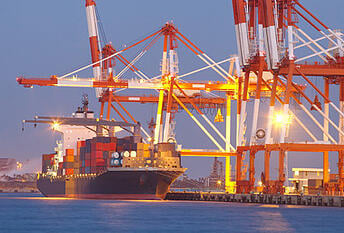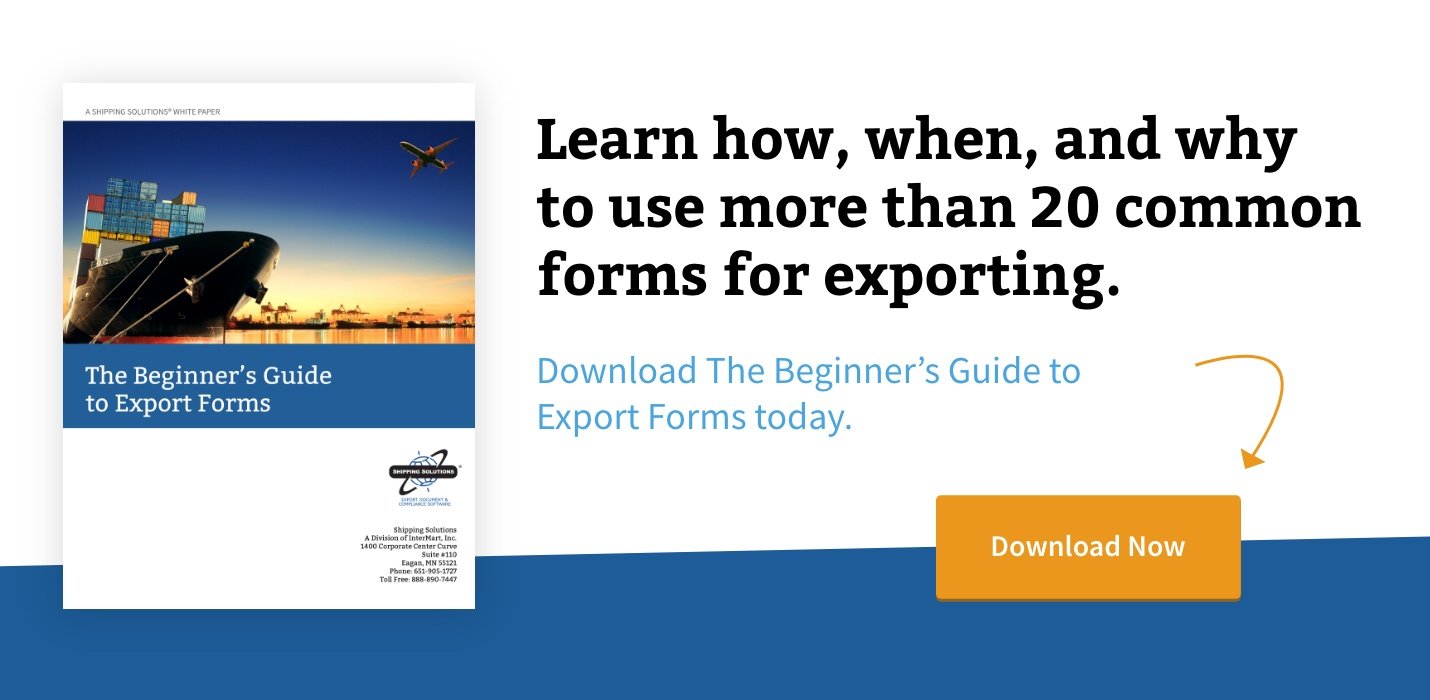The International Trade Blog International Sales & Marketing
The Nigerian Cement Story
On: December 22, 2013 | By:  Roy Becker |
3 min. read
Roy Becker |
3 min. read

Crowded conditions slowed unloading by as much as six months. (Some stories claim that it took as long as 24 months, which I cannot verify.) In addition, Nigeria charged the ship owners up to $4,000 a day in demurrage charges (a charge for the detention of a ship beyond the time allowed for unloading).
The government conducted a survey of the situation and determined they would need five million metric tons of cement to upgrade the port facilities. The problem compounded when five ministers in the government thought they had responsibility to order the cement. Consequently, they placed orders for 22 million tons of cement.
When more than 250 cement ships arrived, they only further added to the congestion and, of course, they could not unload. After about six months of waiting on the high seas in the hot and humid weather, you can probably guess what happened to the cement! It took on moisture, hardened and became useless while on board the ships.
The government immediately instructed the banks, "If you issued letters of credit for shipments of cement, don't pay." What did the banks do? They obeyed the law of the land and they didn't pay. If a shipper of cement had an irrevocable letter of credit from a Nigerian bank, suddenly it became a useless piece of paper.
How does one foresee a risk such as this? The answer: You don't. You could have the best international economist on staff who monitors and plots every possible economic trend he can find, and this risk could still be unforeseen. What makes this story so bizarre is each of the five Nigerian ministers simultaneously making a stupid decision. Since economists don't track stupid mistakes, they can't possibly predict, "Well, I think the trend shows we are due for a stupid mistake!"
How can exporters protect themselves in a scenario such as this? By having the letter of credit confirmed by another bank in another country. When a bank confirms another bank's letter of credit, the confirming bank essentially guarantees payment. Effectively, the confirming bank has issued the letter of credit themselves thereby obligating themselves to pay even if they cannot collect from the issuing bank. In this story, some confirming banks found themselves in the position of having to pay the exporters even though they were unable to collect from the Nigerian banks. It's the protection—or insurance—that an exporter wants and the risk a bank willingly takes when it confirms another bank's letter of credit.
This lesson provides an excellent example of sovereign risk. Let's define sovereign risk with the question, "Can the government intervene in any way to prevent payment from being made?" Sovereign risk includes the stability of the government and the economy.
Now, the end of the lesson: What happened to the ships? Rumor has it that the cost of chipping the cement out of the holds exceeded the cost of the ships. So, the ships were intentionally sunk and remain on the bottom of the ocean off the coast of Nigeria.
Note: I first heard this story when I attended a seminar conducted by Jim Harrington in the late 1970s. Since then I have verified what I could and have slightly revised and embellished the story based on others' recollections of this incident.

About the Author: Roy Becker
Roy Becker was President of Roy Becker Seminars based in Centennial, Colorado. His company specialized in educating companies how to mitigate the financial risk of importing and exporting. Previous to starting the training company, Roy had over 30 years experience working in the international departments of several banks where he assisted many importers and exporters with the intricate banking needs associated with international trade.
Roy served as adjunct faculty in the International MBA programs at the University of Denver and University of Colorado in Denver. He conducted seminars at the World Trade Center Denver and The Center for Financial Training Western States, and was a guest lecturer at several Denver area Universities.
Roy retired in 2021.


